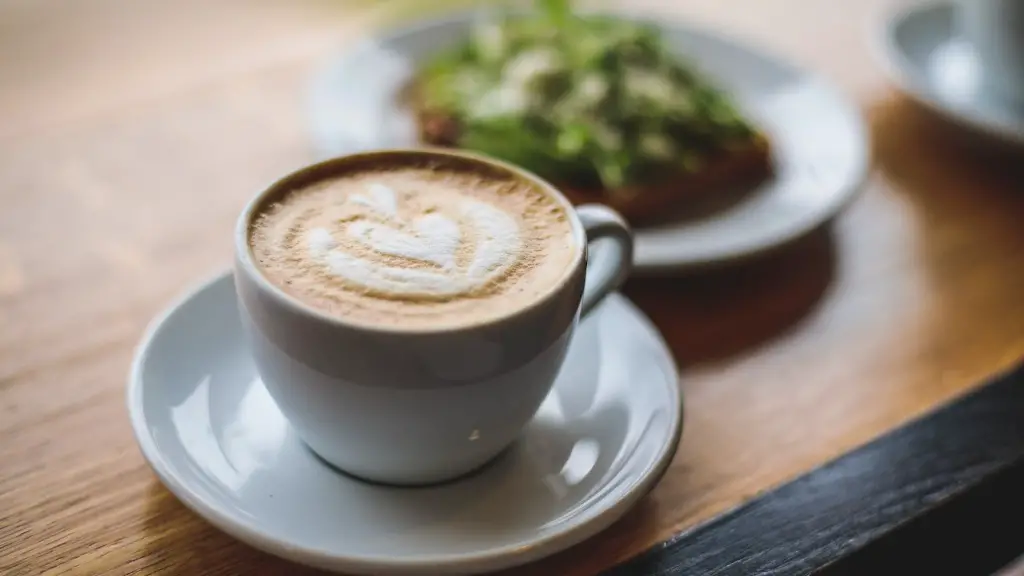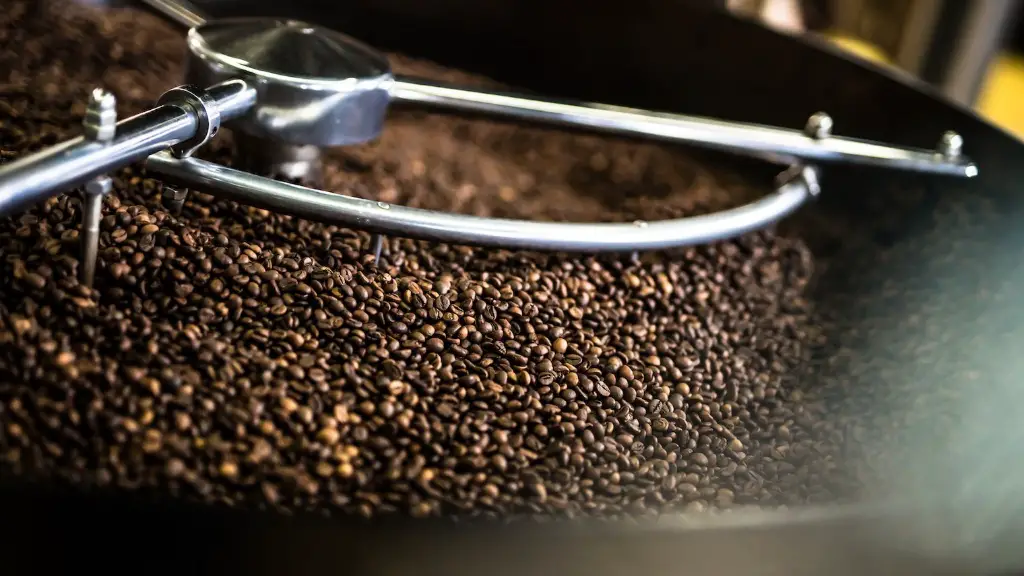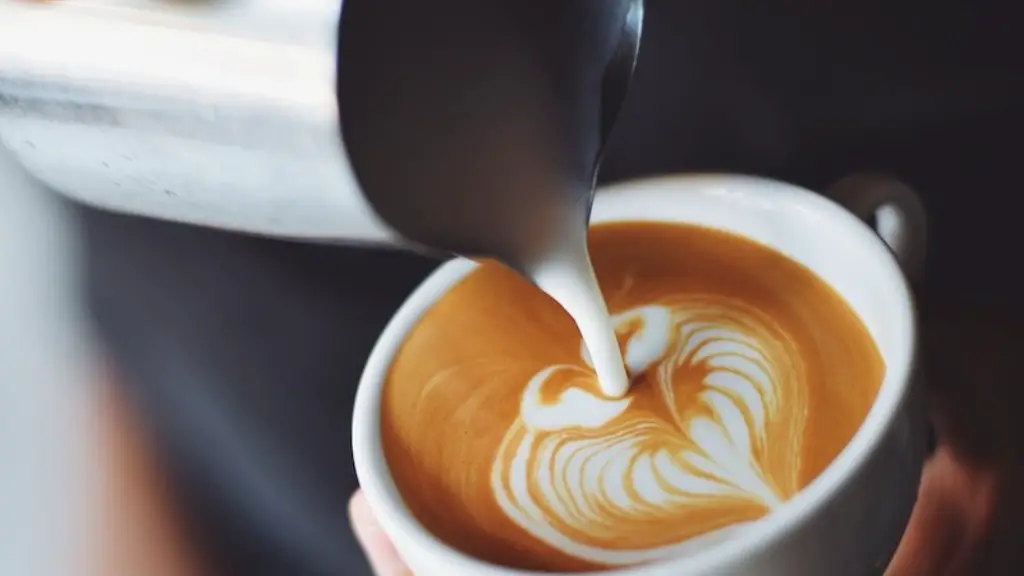Coffee is one of the most consumed drinks in the world, with approximately 75% of Americans drinking a cup of joe every day. That said, can you still consume a cup of expired ground coffee? The short answer is no, but we will take a more in depth look at this important question.
Most coffee lovers would agree that fresh coffee beans make for the tastiest cup of coffee. Once you have ground the coffee beans, however, the degrading process accelerates. Exposure to air, humidity, and temperature all put pressure on the grounds’ chemical makeup, resulting in a decrease in flavor and characteristics. Fortunately, there are several ways to tell if your ground coffee has gone bad and whether or not it is safe to consume.
You can tell if your ground coffee is still good by taking a look and a smell. Does it have an aroma, or is it dull and flat? Is the color of the grounds still a uniform and deep brown, or is it grey and has a white dusty coating? When you look more closely, does it still have the texture of fresh grounds, or does it feel weak and brittle? Finally, does it still have hints of the original flavors, or does it rather just taste like “coffee”? Odds are, if you get any of these signals in a negative way, the coffee has gone bad and is no longer suitable for consumption.
From a scientific standpoint, ground coffee can last for months if it is stored correctly. Research shows that ground coffee will maintain its quality for up to two weeks at a time, although this largely depends on the roast. Light roasted coffee can usually last a bit longer than dark roasted, as light beans are less oily. Moreover, storing the bag or container away from direct sunlight, heat, and moisture may also help it to last longer.
However, storing the bean or ground coffee improperly can quickly spoil it. High humidity and temperature cause the volatile oils to quickly break down, resulting in a flat, reduced flavor. If the coffee is placed in too warm of an environment, it can cause the grounds to become rancid. Moreover, even poor sealing methods can accelerate the expiration date of ground coffee.
Ultimately, the decision to drink expired ground coffee is an individual one. If the coffee shows any signs of degradation, the best course of action is to simply discard it. On the other hand, if the coffee appears to be in good condition and has been stored properly, some experts agree that it can still be consumed, although it will likely be missing some of the initial flavor and aroma.
Brewing Expired Coffee
Brewing expired coffee is not recommended, as the risk of making yourself sick outweighs the potential reward. Coffee beans, especially ground coffee, become increasingly vulnerable to the growth of fungus or bacteria as they get older. Even if the coffee itself looks fine, hygiene must be prioritized.
To avoid potential harm to your body, it is best to stick with freshly roasted grounds. That said, you can also try to make a cup of “espresso” by steaming an older batch at a higher temperature and pressure. When it comes to coffee, always err on the side of caution.
Coffee Tasting
If you’d like to learn more about coffee tasting and how to identify fresh coffee from old coffee, then the specialty coffee industry has a lot to offer. Consider attending a coffee tasting class, or if you are already experienced with the craft of coffee, then look for a local coffee-tasting group. They can teach you the ins and outs of coffee tasting, starting with the basics of sensory evaluation and progressing on to more advanced topics like the flavor profile of a given coffee.
The specialty coffee industry has a vast number of resources that you can use to learn more about the craft of coffee tasting. There are many books, periodicals, and websites available that discuss coffee tasting and provide a wealth of knowledge and insight. Additionally, most specialty coffee stores offer classes and tasting events that you can attend and gain more experience. Each of these resources can help you become more familiar with coffee, enabling you to better identify fresh coffee from old.
Coffee Storage Methods
In order to ensure the longest shelf-life for your coffee, it is important to store it properly. Ideally, the beans or grounds should be stored in an airtight container at room temperature. This will help to keep out moisture, sunlight, and other elements that can damage the beans or grounds. Additionally, it is important to keep the coffee in a dry place, as humidity can cause the grounds to quickly breakdown and spoil.
If you are not using an airtight container, then you should aim to use a bag or container with a one-way valve. This type of storage device helps to keep out moisture and allow gases to escape without allowing air to enter. Additionally, make sure that the container or bag is opaque, as light can also damage the flavor of the grounds.
Lastly, if you are not going to use the coffee in the immediate future, it is best to store it in a freezer for up to two months. When removing it from the freezer, make sure to keep it sealed until it has reached room temperature. Doing so prevents condensation from forming on the grounds, which can accelerate their spoilage.
Coffee Grinding Time
Grinding your own coffee beans is generally highly recommended, as it allows for more control over the flavor and extraction of your cup. That said, you should pay attention to the length of time spent grinding – the longer you grind, the more exposed the grounds become to air, heat, and moisture. Too long of a grind still can result in a stale and bitter cup of coffee.
The type of grinder also plays a part in consuming expired coffee. Burr grinders grind coffee beans much more consistently, meaning more of their flavor can be extracted during the brewing process. Manual grinders are more prone to inconsistent grinding, which can lead to coffee not only tasting bitter due to its age, but also from inconsistent grind size.
On top of that, the grind size affects the rate of extraction. If the grounds are too fine or too coarse, the cup could end up being either weak or over-extracted. Therefore, precision and accuracy are essential when grinding coffee, both in time and in grind size.
Water Temperature
Finally, water temperature is incredibly important when brewing coffee. If you use water that is too hot or too cold, the extraction rate will be affected, resulting in a cup of coffee that is either weak or over-extracted. Furthermore, water that is too hot can strip some of the oils from the beans, resulting in a cup of coffee with a burnt and bitter taste.
Most coffee connoisseurs use water that has been heated to around 195-205 degrees Fahrenheit for manual brewing methods such as pour over, French press, and Aeropress. This temperature range is best for extracting the subtle and complex flavors in coffee. Of course, some coffees do require a slightly higher or lower temperature, so it is best to experiment a bit with different coffees and brewing methods.
At the end of the day, consuming expired ground coffee is not recommended, as it could potentially have an adverse effect on your health. Therefore, it is best to stick with freshly roasted grounds and take the proper measures to store them correctly. Doing so will ensure that you get the most out of your cup of coffee.




